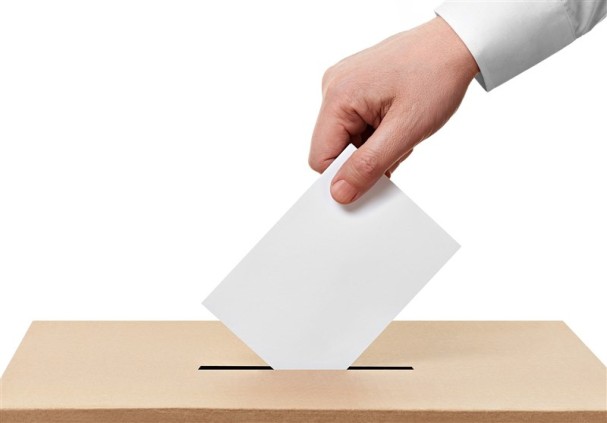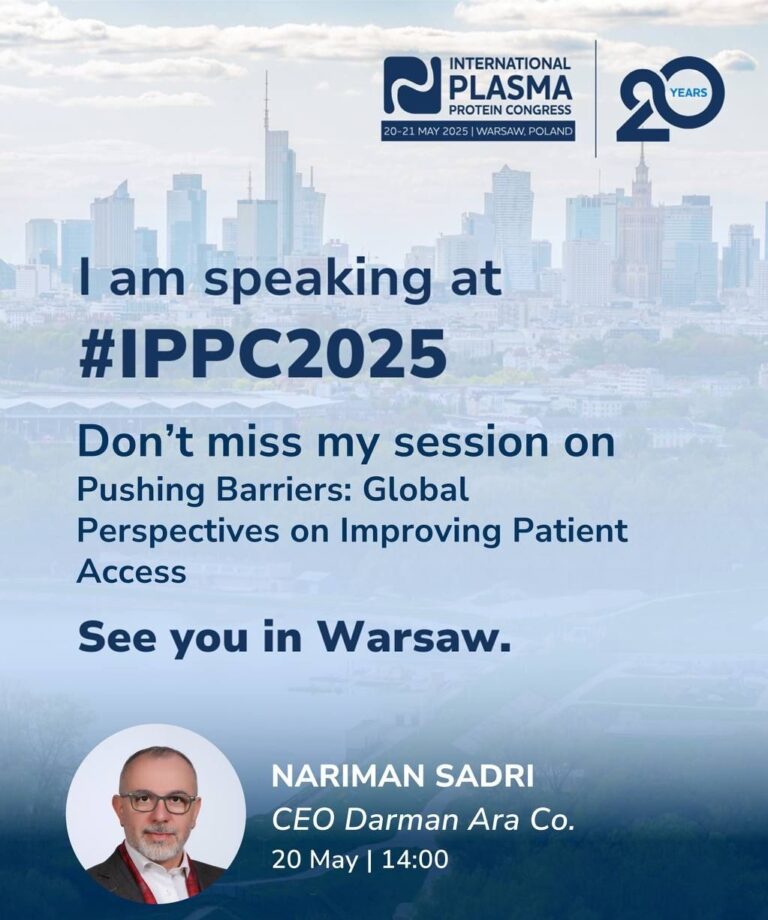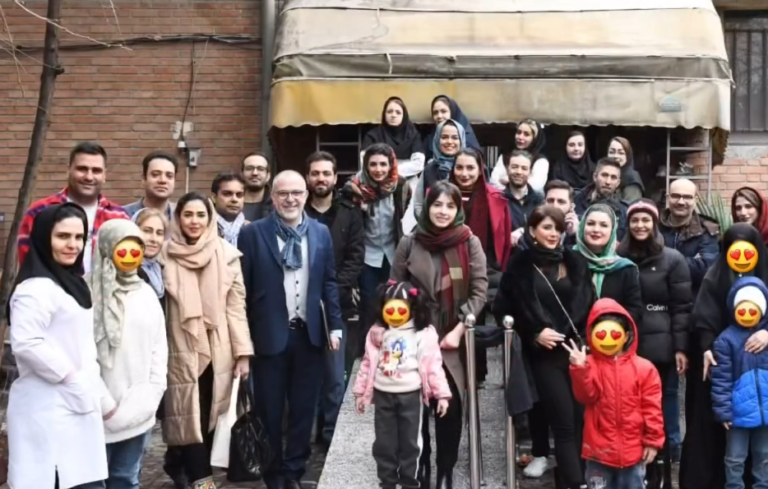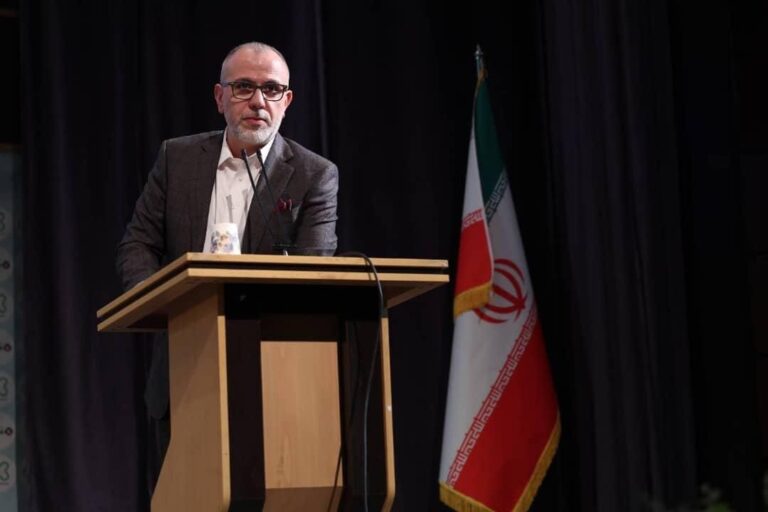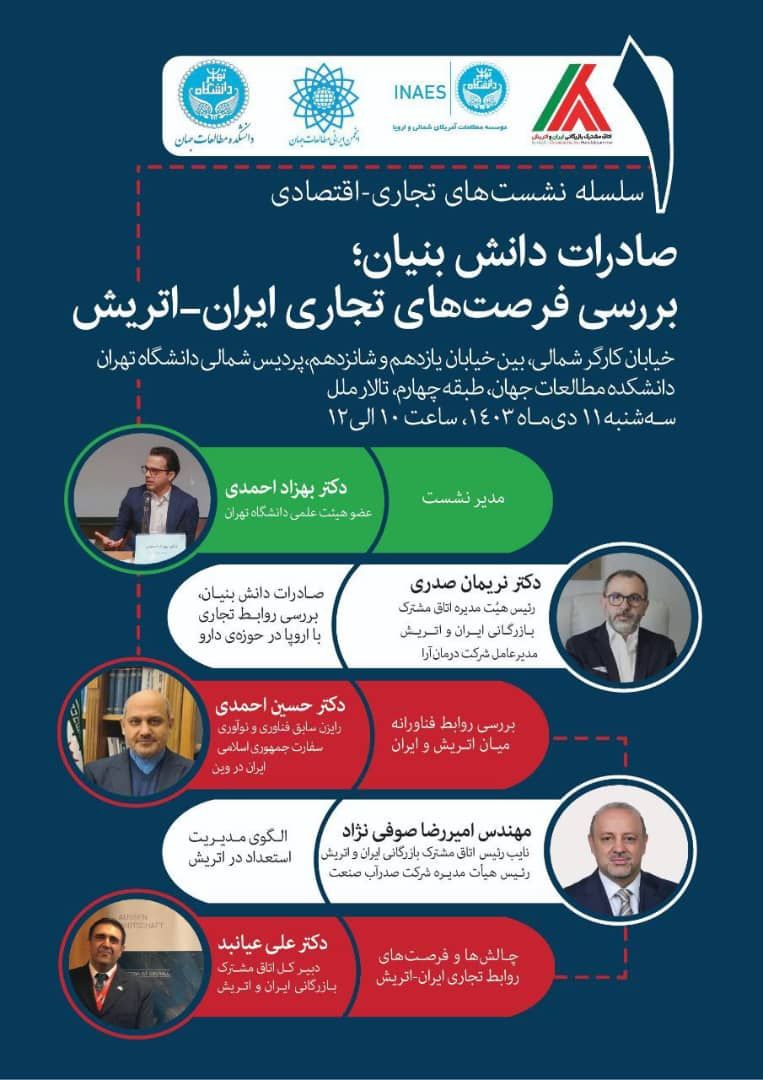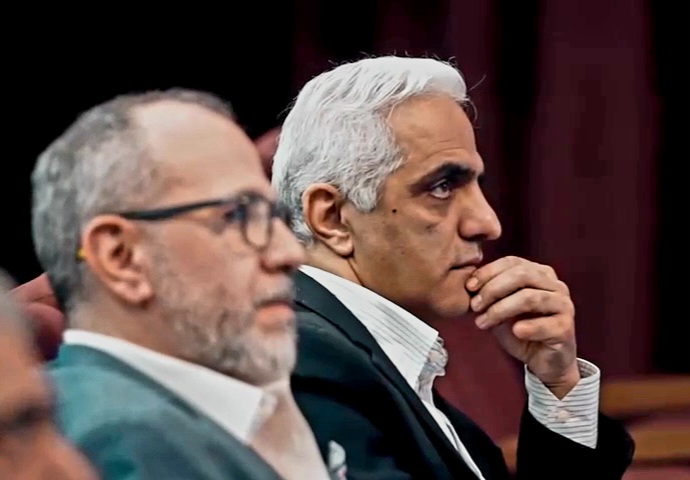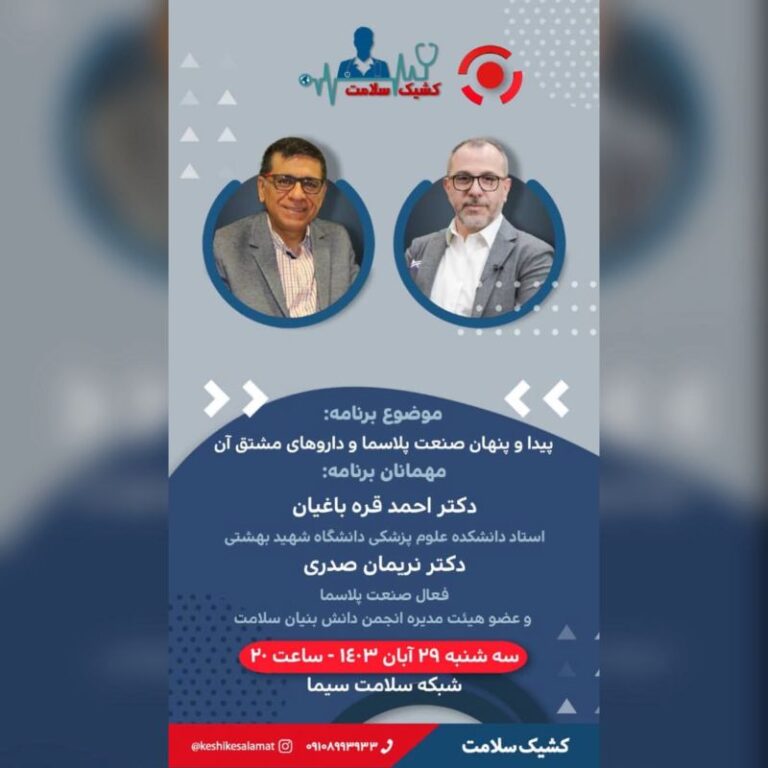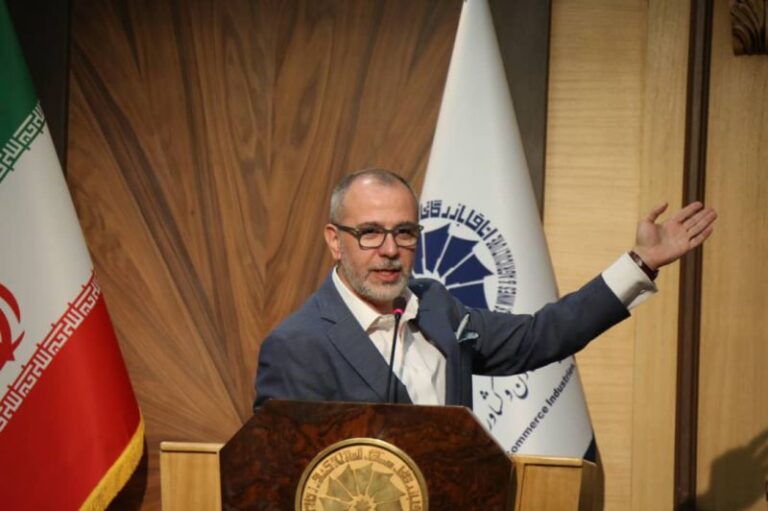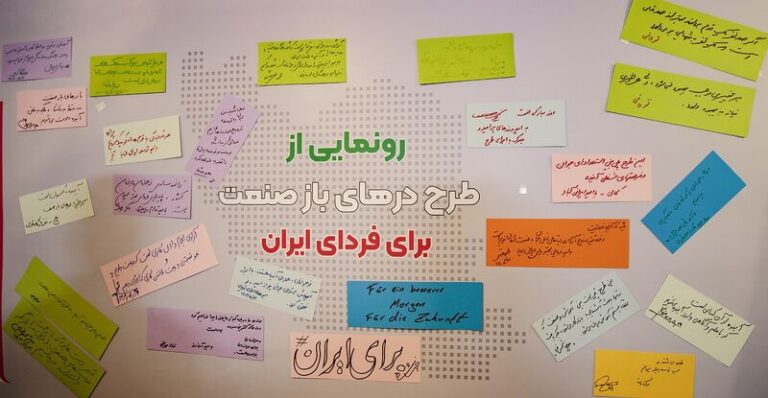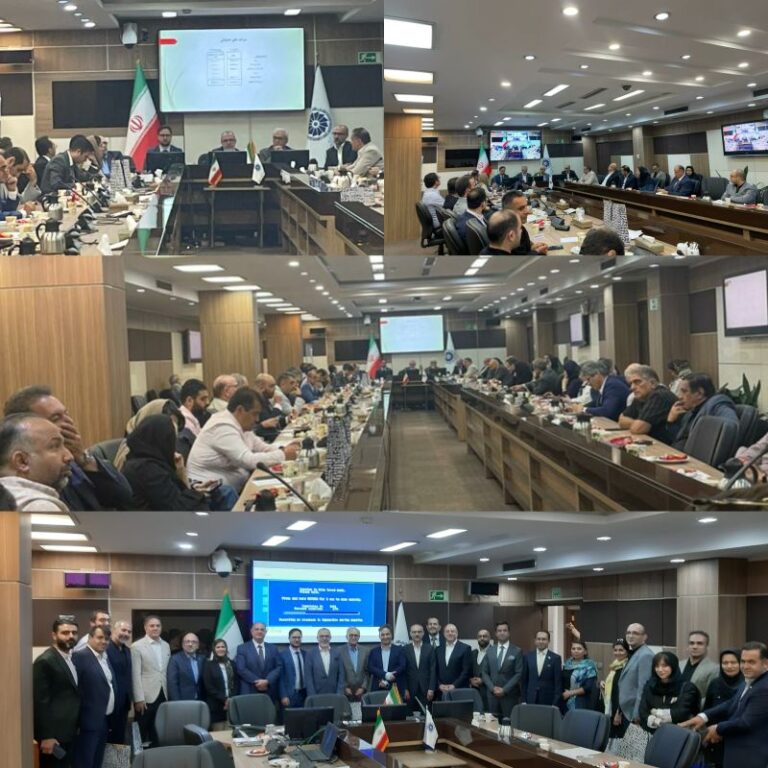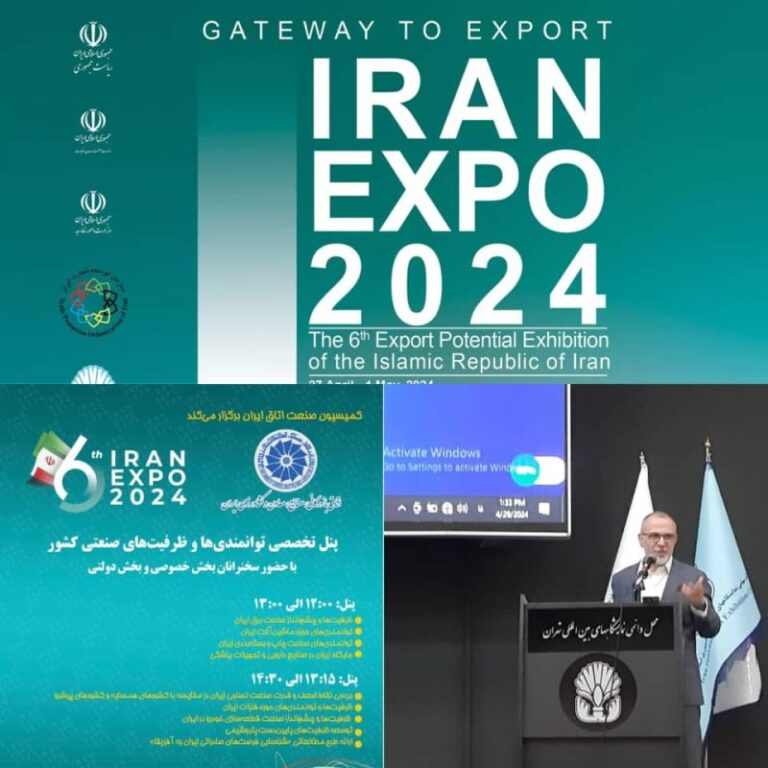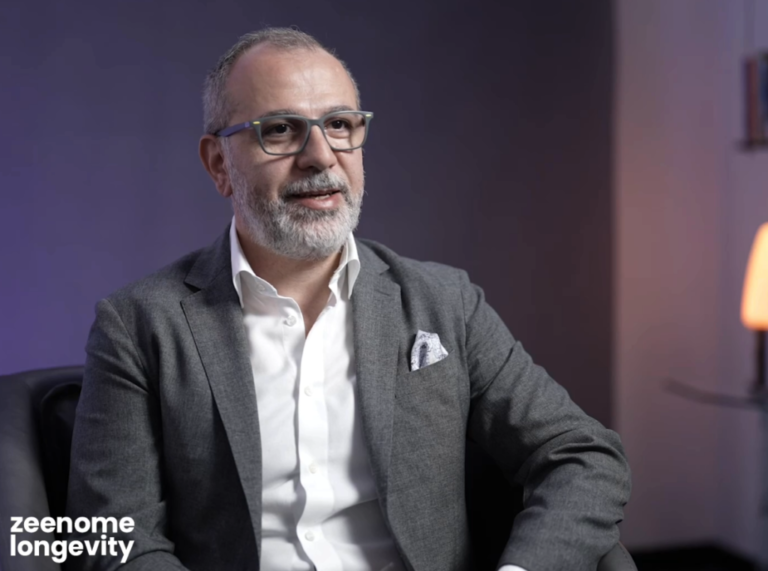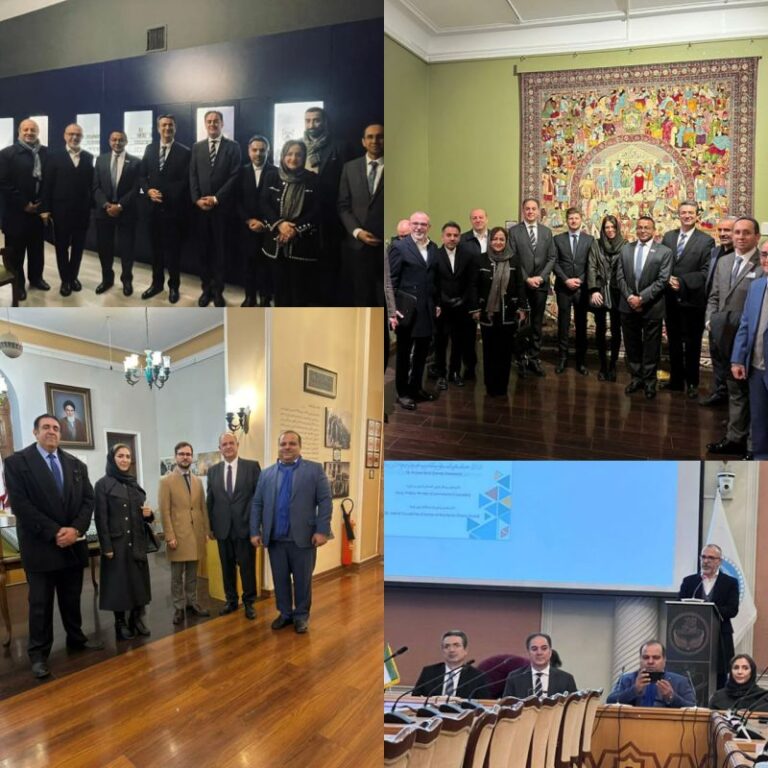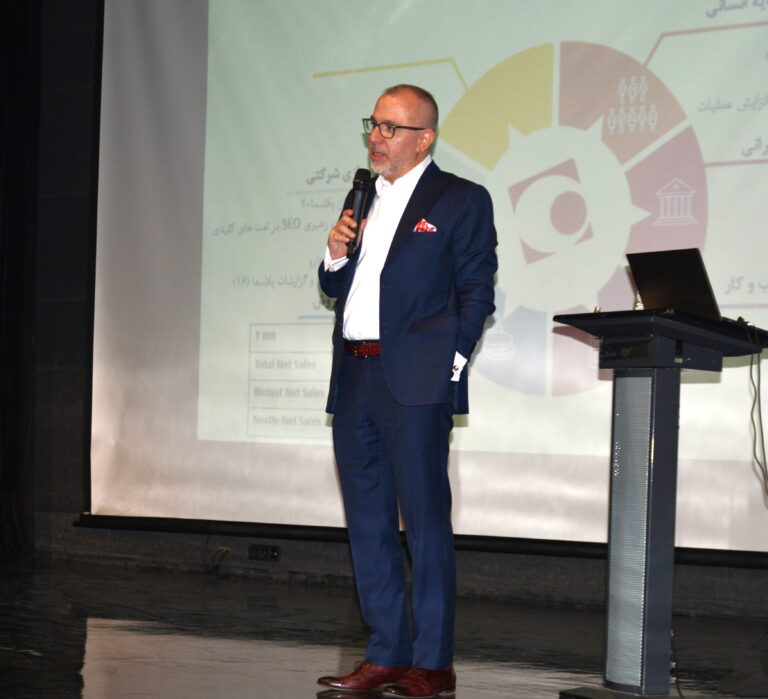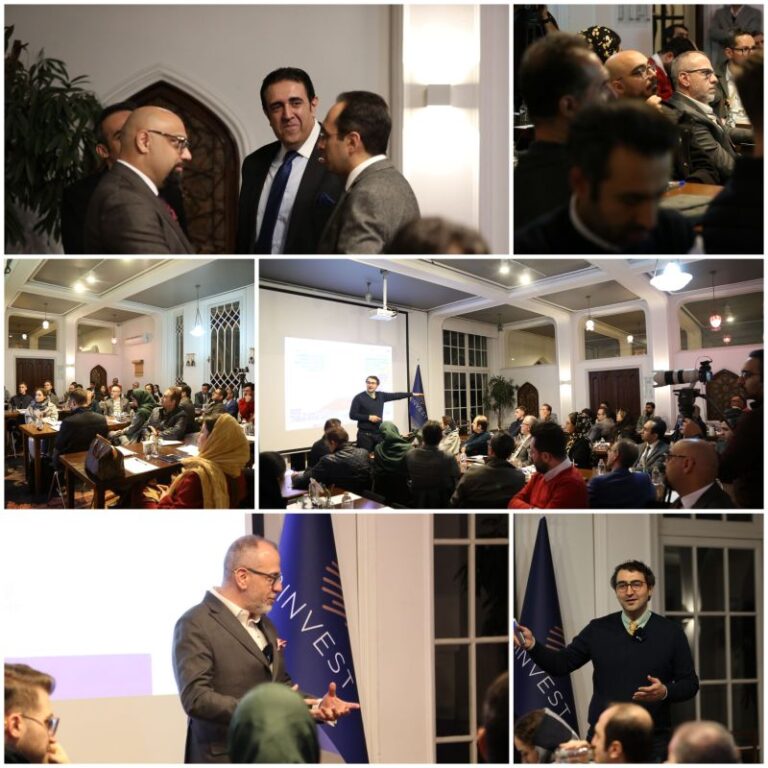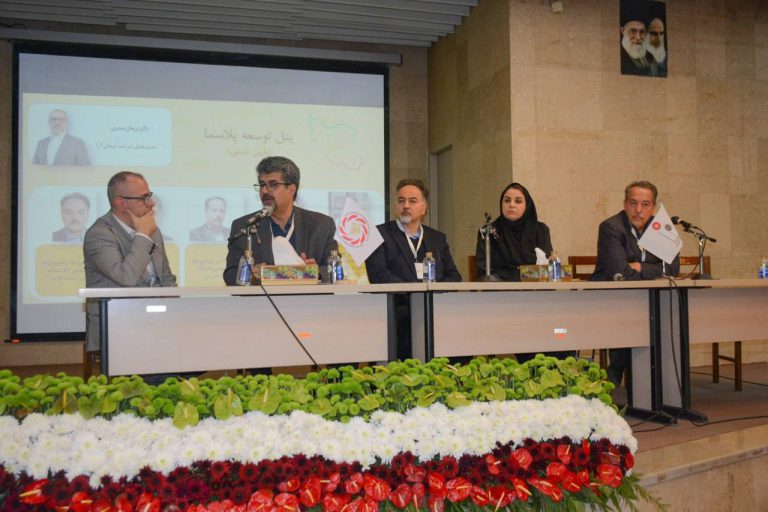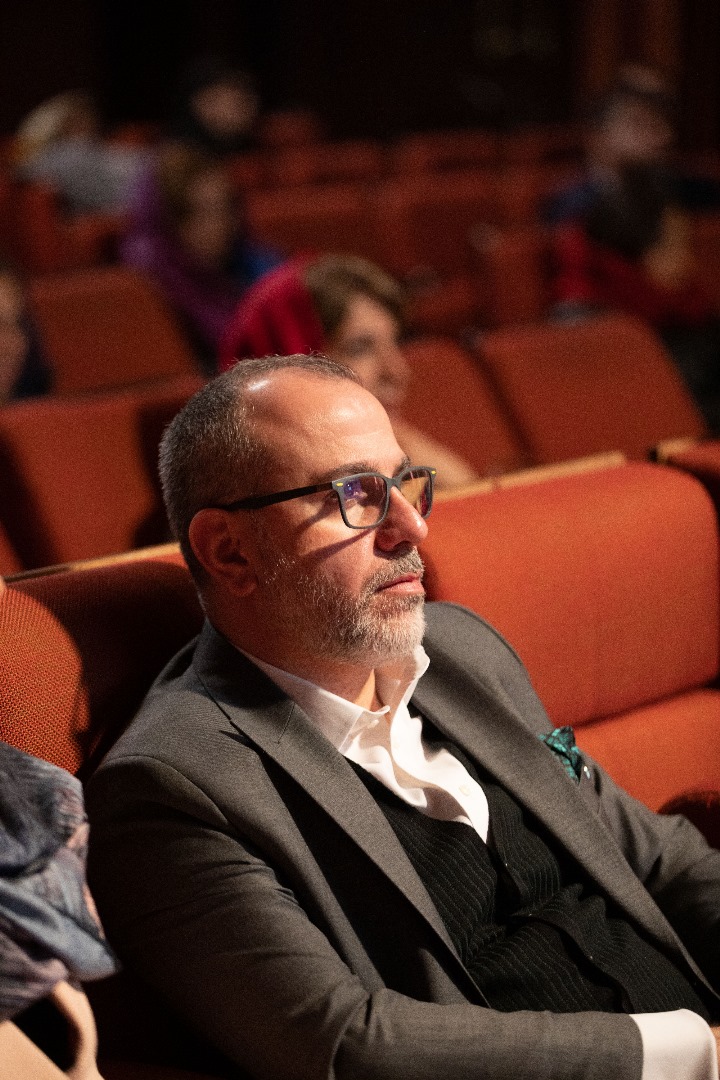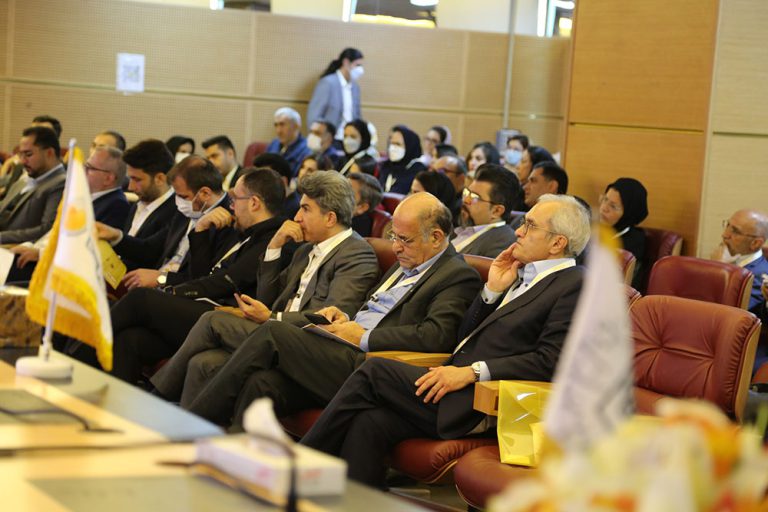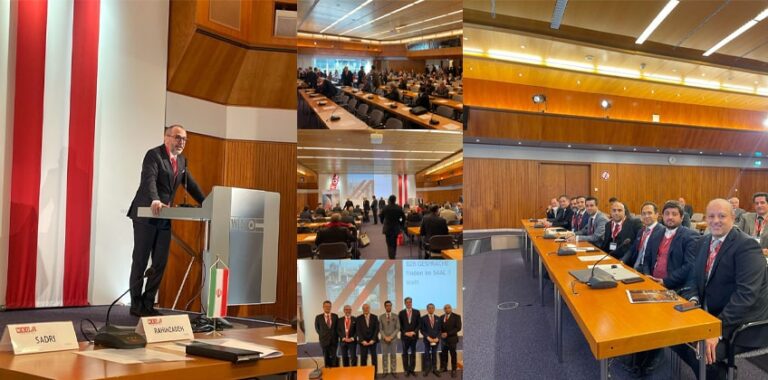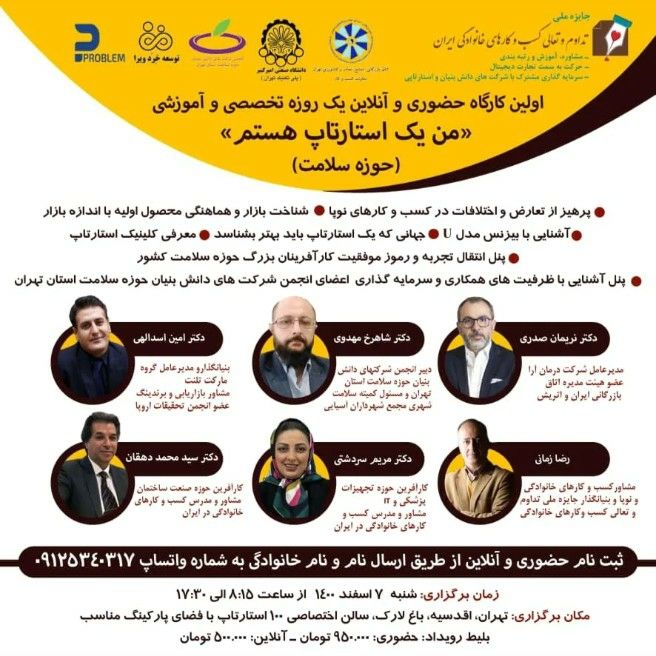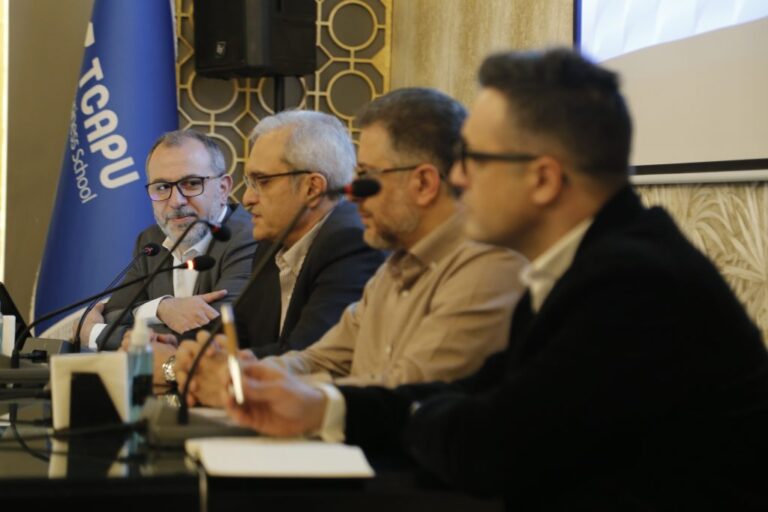These days, wherever I go, predictions about the results of the presidential election are the topic of conversation, both in the virtual and physical spaces. Regardless of how analysts passionately predict that a certain candidate’s victory is certain, or that a storm is about to occur, turning the tables, or that a massive wave of abstentions will sweep through, the reality is that, on Thursday evening, none of us know what results we will witness on Saturday morning. Any predictor whose forecasts align with the results on Saturday will spend the following week extensively telling friends and social media networks how wise and knowledgeable they were about the social and political conditions that led to the outcome. On the other hand, those whose predictions were incorrect will offer various justifications, such as changes in the social atmosphere over a single day, fraud, and so on.
When something unexpected happens, we quickly change our perspective on the world to adjust to the surprise. On the Saturday after the election, in our revised model of the world, the reasons behind the declared results become part of our new reality, and our view of the events that occurred during voting shifts according to this new understanding. When we gain a new perspective on a phenomenon, we rapidly lose the ability to recall the beliefs we held before. And when, on Saturday, we are unable to fully recall the beliefs we had about the election results tonight, we will inevitably underestimate the degree of surprise we felt about the election outcome.
This cognitive bias is known as the Hindsight Bias or Retroactive Judgment, and it has extremely damaging effects on decision-makers’ evaluations, as it leads them to judge decisions not based on the quality of the process but rather based on whether the outcome was good or bad.
System 1 makes us perceive the world as more organized, simpler, and more predictable than it really is. This error leads people to believe they have understood the past because they were lucky, and their predictions turned out to be correct. This, in turn, causes the erroneous belief that the future is also predictable and controllable.
One of the most damaging times when Hindsight Bias affects us is during investments in financial markets. When our predictions come true without considering the quality of the analysis, the depth of the research, or the examination of key indicators, we fall into the trap of believing we had accurately predicted the positive or negative changes in the market before they occurred. This bias creates a false sense of certainty in our predictions and judgments about future events, which often leads to huge financial losses. In cases where this bias occurs collectively, it can even cause a market crash.
My friends, we need to remind ourselves in many situations: It’s better not to fall for the trap of outcome bias. I may have made a foolish prediction or decision, but luck was on my side, and the result turned out as I predicted.

